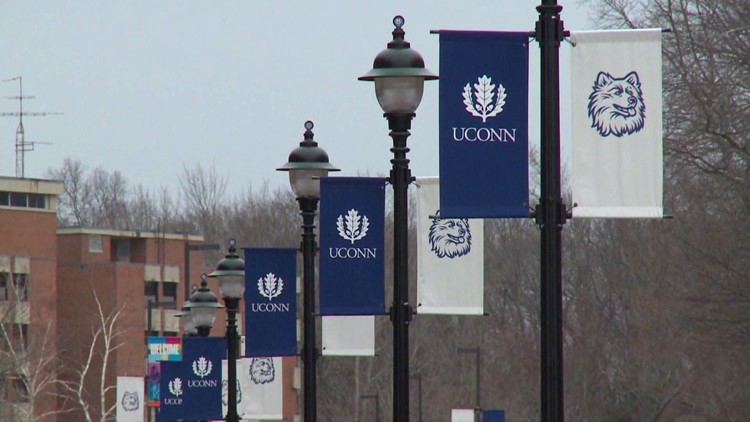STORRS — In the first wide ranging review of student fees in almost two decades, the University of Connecticut has recommended eliminating some fees and restructuring others. The move would impact almost 11,000 students.
The University said the Student Fee Review Committee committee took a comprehensive look at the fees charged to students. UConn President Susan Herbst will recommended adoption during the Feb. 21 meeting.
“Those fees pay for non-academic programs ranging from student government to transportation, student media, technology infrastructure, student activities, and other programs. UConn has held student fees steady for the last several years, despite reductions in state appropriations and increased operating costs,” according to a press release.
One change that would be the most immediately noticeable to students if adopted is the committee’s recommendation to eliminate fees for certain majors and for academic materials, which are currently charged to almost 11,000 students in labs and other specific courses.
In addition to eliminating the fees, the group also recommends permanently banning academic materials fees and the fees for certain majors to help ensure they aren’t resurrected in the future.
The details of the Student Fee Review Committee’s new recommendations are as follows:
- Eliminate “major fees” charged specifically to students majoring in landscape architecture, maritime studies, drama, business, nursing, music, and digital media and design. They range from $10 yearly in business to $700 yearly in landscape architecture.
The rationale for the various fees as they were adopted over the years had been that certain majors have unique characteristics that generate unusual costs, but the committee noted that there seemed to be no solid rhyme or reason to back up those assertions. Ending the fees also helps eliminate the potential that students may avoid what they perceive as high-cost majors if they are unable or unwilling to pay the fees, even though that is the area they wanted to study.
- Eliminate academic materials fees, which currently are charged to more than 10,000 students in about 170 labs and other courses in engineering; fine arts; liberal arts and sciences; pharmacy; and agriculture, health and natural resources. They range from $10 to $95.
The committee says students should reasonably expect that their tuition covers such non-textbook materials, and that many of the fees generate so little revenue that the schools or colleges offering the course would feel very little financial impact
- Modify the General University Fee (GUF) that is paid to support student-related programs ranging from the Career Development Center to Student Activities, UConn Recreation, and others.
The changes include removing Student Health Services from the GUF charged to Storrs students and making it a stand-alone fee; reallocating the GUF charged to regional campus students so three-quarters of the money returns to that campus for student support, rather than all going to Storrs; reviewing the transit fee to ensure the amount reflects the level of access that students have to CT Transit and other public transportation; and other adjustments.



